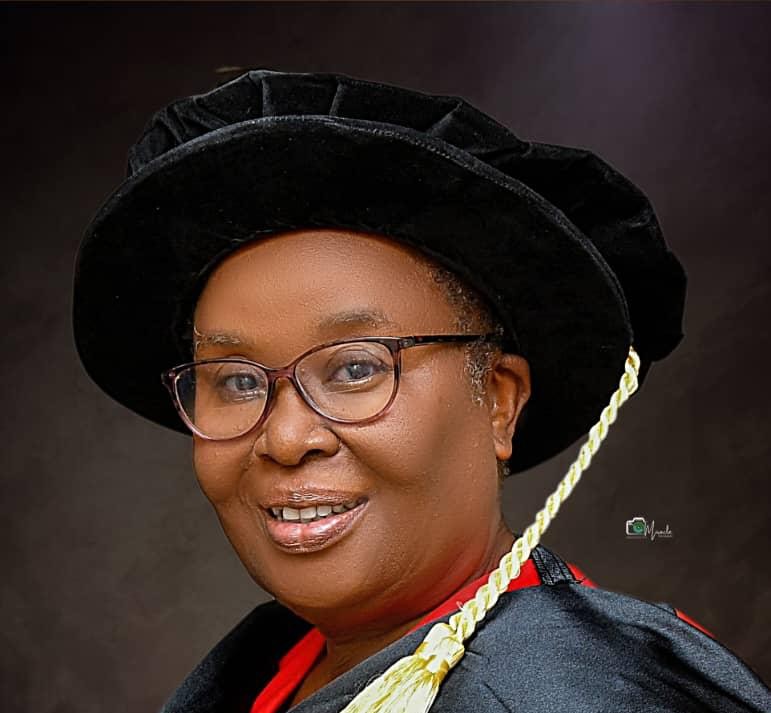Chancellor urges Nigeria to close skills gap to compete globally
The Nigerian Universities Commission (NUC) has approved eight new courses at the Mudiame University in Edo State as the institution shows its readiness to close skills gaps for critical industries in Nigeria.
The details of the accreditation was contained in a letter to the university dated 30th April 2025 and signed by Acting Director of Accreditation at the NUC, Abraham Chundusu.
The new programmes are Software Engineering, Computer Science, Economics, Civil Engineering, Computer Engineering, Food Science and Technology, Mechanical Engineering and Biotechnology.
As the global demand for skilled professionals rises, Chancellor of Mudiame University, Prof Sunny Eromosele said Nigeria must urgently bridge its technical skills gap if it is to compete in both local and international markets.
Eromosele said the institution is building a future-focused education model that combines academic rigour with practical, industry-driven training.
“At Mudiame University, we do not stop at admission or classroom instruction. We are intentional about preparing our students to become industry-ready, through structured internship programmes and direct participation in real-world projects,” Eromosele said.
According to him, the focus is not just on meeting regulatory standards, but on producing graduates who can immediately take responsibility in critical sectors such as oil and gas, engineering, and advanced manufacturing.
“Our engineering students are being equipped in areas like non-destructive testing, civil and mechanical systems, auditing, safety, and systems management. These are high-demand skill sets that can drive industrial development. We want to ensure that by the time they graduate, they are already qualified to assume core technical roles.”
He decried Nigeria’s continued reliance on foreign expertise for critical infrastructure and industrial projects, noting that indigenous professionals are often overlooked.
“Look at many major engineering contracts awarded by government, how many are executed by Nigerian firms? We aim to change this by raising technically competent Nigerians who can execute to international standards.”
To achieve this, Mudiame University recently signed a collaboration agreement with University West in Sweden. The partnership provides for semester-long exchange programmes, international internships, and joint research projects.
“This will give our students global exposure and ensure that their learning matches international best practice,” Prof. Eromosele said.
As part of its global push, the parent organisation of the University, Mudiame International has also secured ISO certification programmes in four areas of food technology, environmental systems, cybersecurity, and safety through a partnership with EBS, USA.
These certifications are intended to give the industry and in extension students direct access to job markets that require globally recognised qualifications.
“Whether it’s in Nigeria or abroad, skilled labour is in high demand. Countries like Germany and others in Europe are actively seeking technical workers. But the challenge is that many Nigerians lack the required training. We are bridging that gap,” he said.
He observed that many Nigerians who travel abroad tend to work in healthcare, but there are equally massive opportunities in skilled technical sectors.
“Our goal is to prepare Nigerians not just for low-skill roles, but for highly technical and leadership positions. We must begin to replicate what India has done – exporting expertise, not just labour.”
He added that Mudiame University is contributing to Nigeria’s broader industrialisation effort by aligning its curriculum with industry needs and embedding students directly into ongoing projects.
“Africa is the future. Nigeria has the talent. What’s needed is quality education, practical exposure, and policy support. We are doing our part.”
According to Eromosele, the university’s long-term vision is to produce globally competitive graduates who can thrive both at home and abroad.
“The world needs skilled professionals. We’re training our students not just to find jobs, but to create value across borders.”






